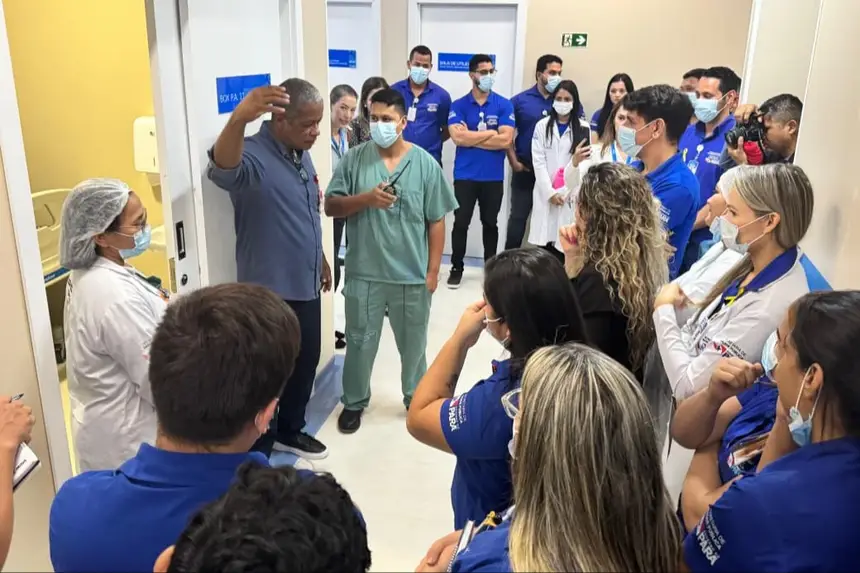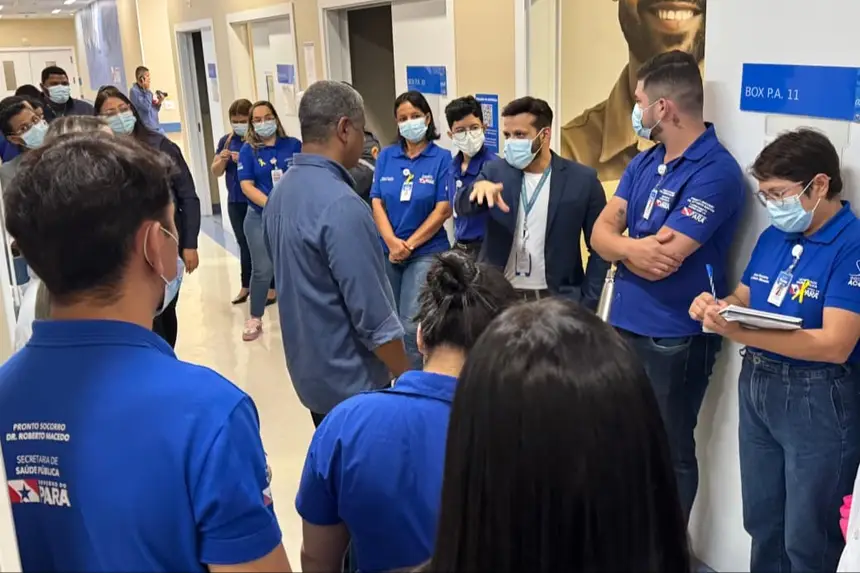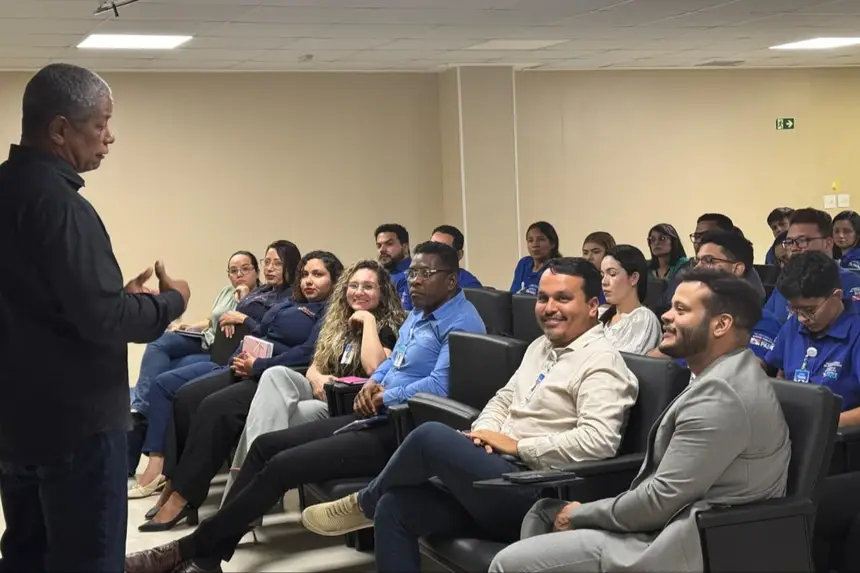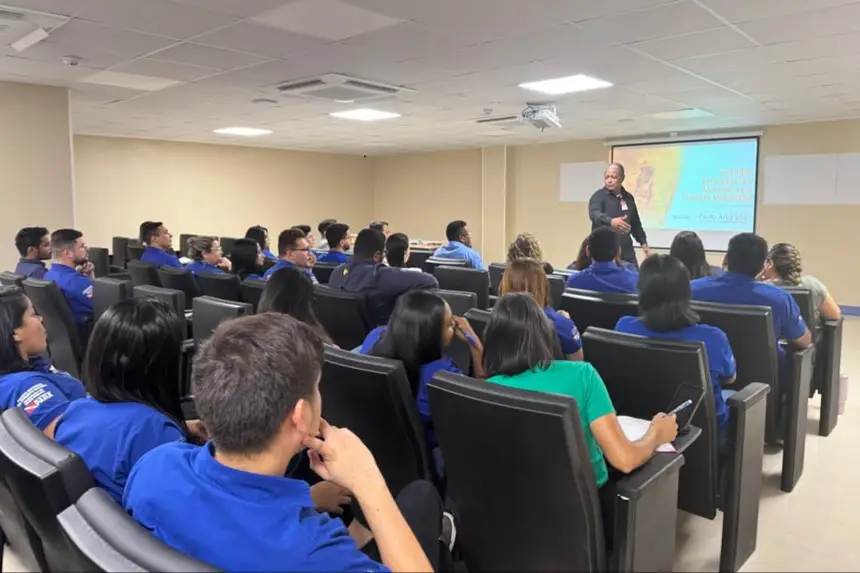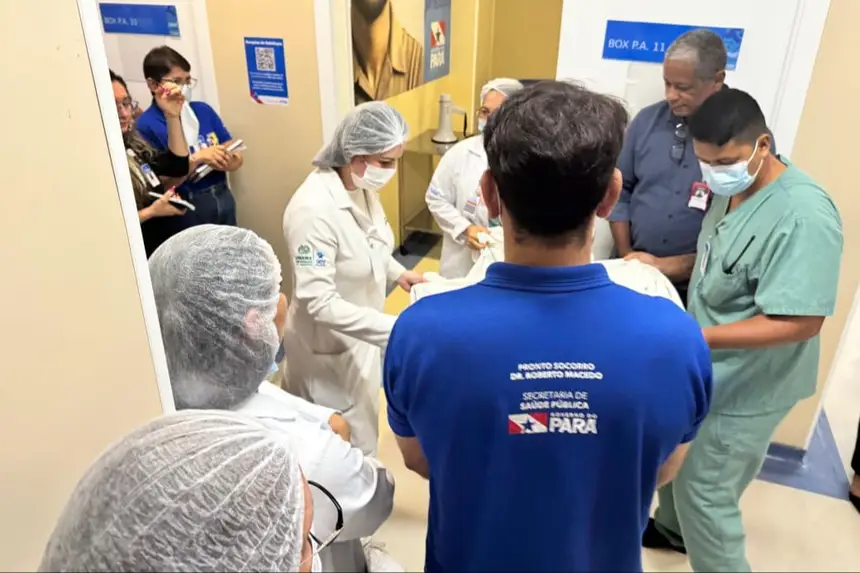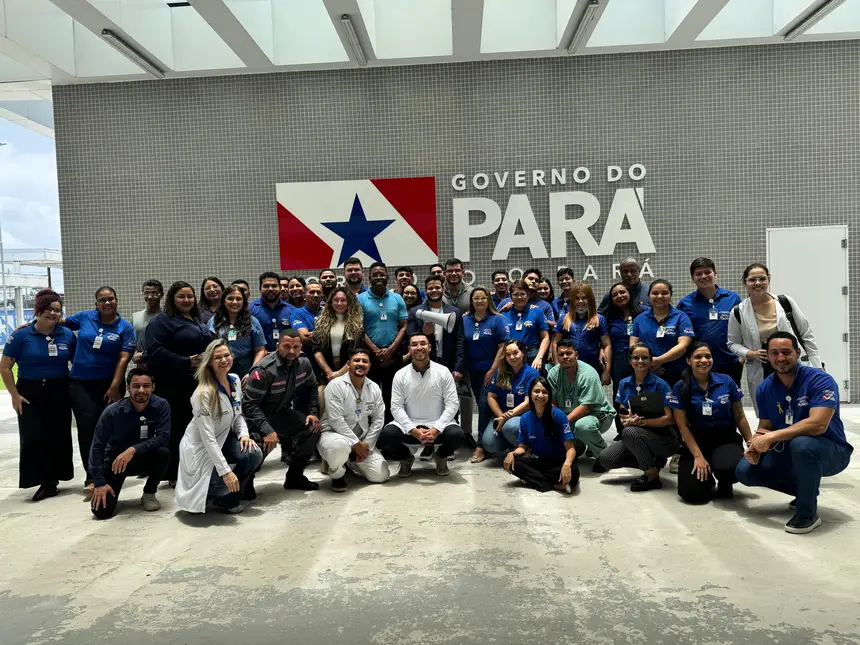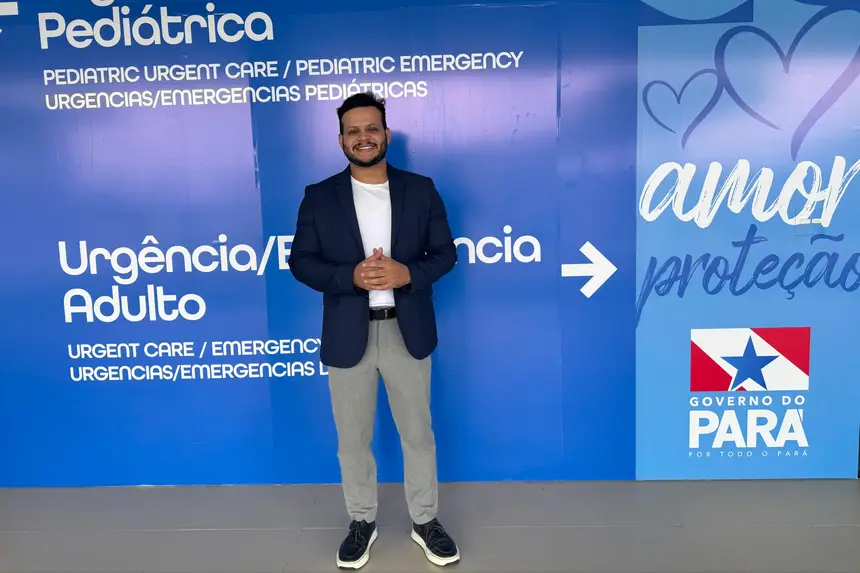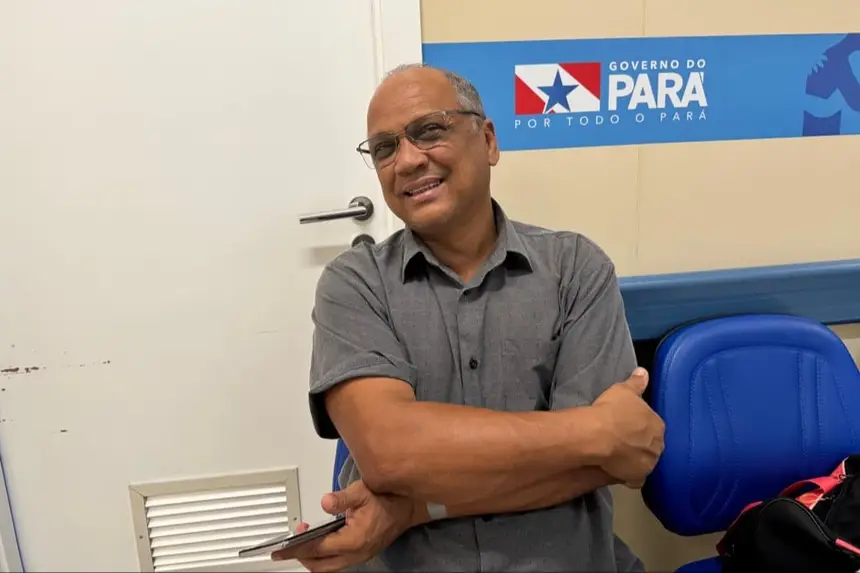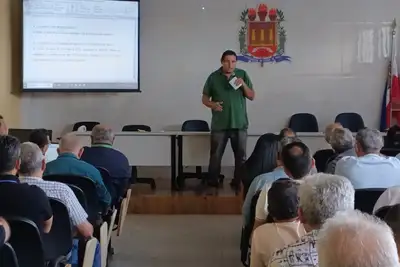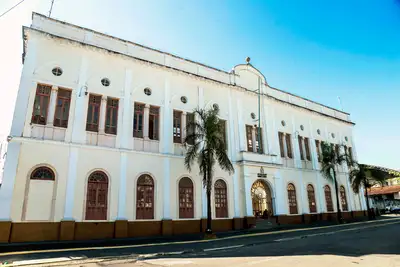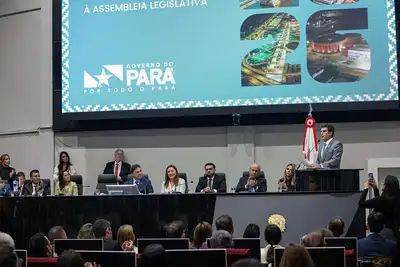State Emergency Room prepares team to provide assistance in crisis situations
Divided into three parts, the training covered the best global practices in incident and crisis management
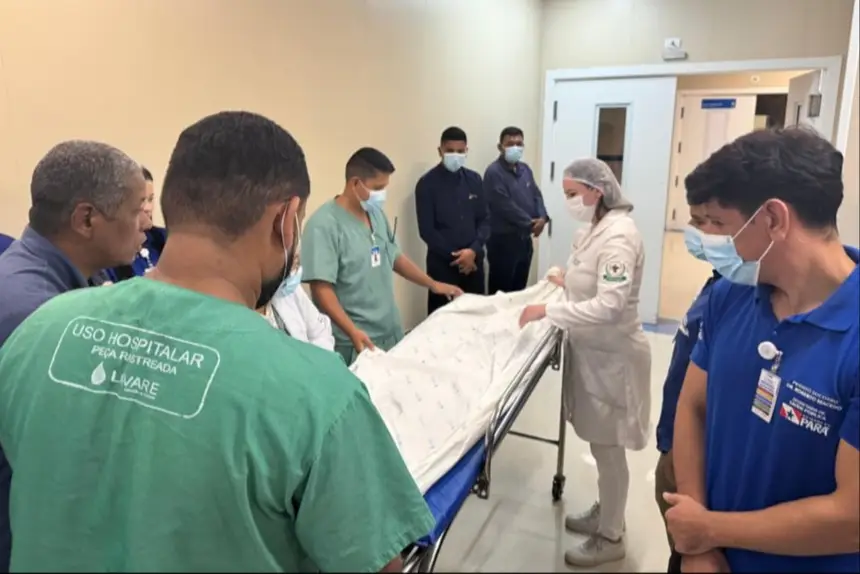
The Dr. Roberto Macedo Emergency Room (PSRM), in Belém, conducted training on Wednesday (24) and Thursday (25), addressing the best global practices in incident and crisis management, preparing professionals in direct health assistance and senior management on how to behave assertively in case of fire with area evacuation, catastrophe, disaster incidents with multiple victims among other critical situations.
The training was divided into three parts: "Practical Application of Communication and Crises in Hospital Environments"; "Simulation in Crisis Committee Formation and Strategic Command" and Assertive Communication in Emergency Situations: Frontline Action in the Crisis Committee and in the Care of Multiple Victims."
According to Emergency Security Consultant Paulo Andrade, facilitator of the training, the practices of managing critical situations specifically address area evacuation, which can occur due to fire, electrical failure, or structural compromise of the hospital, gas supply failure, flooding, which may lead to the need for total evacuation of the building. Therefore, it is necessary for professionals to be prepared, seeking to ensure the safeguarding of human lives.
Regarding catastrophe, disaster, or incident with multiple victims, Andrade informs that "these two situations have a common point, which is the need for effective management, which optimizes human and material resources so that during the operation, this crisis management has the best possible outcome."
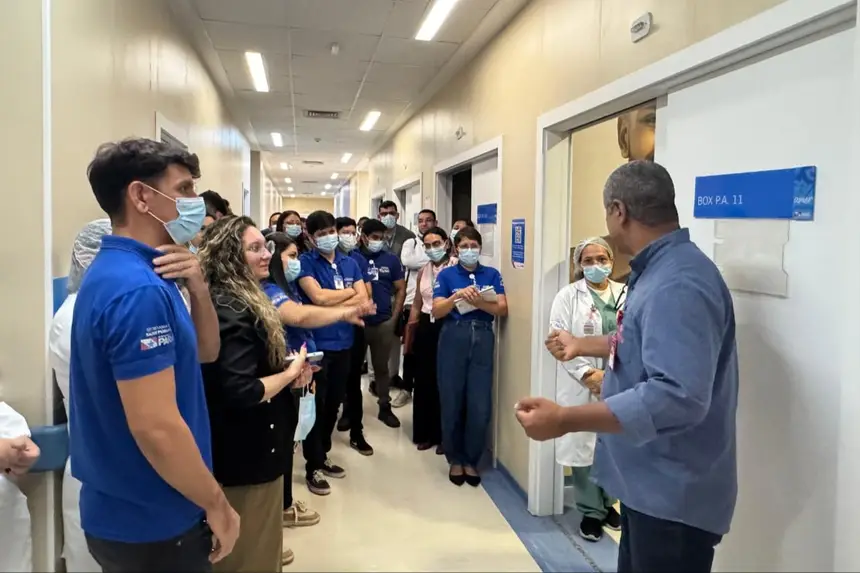
On the second day of training, a practical simulation took place emphasizing assertive communication in emergency situations and frontline action in the Crisis Committee and in the care of multiple victims, aiming to evaluate communication flow and activation in the event of a fire, demonstrating the flows between areas and the communication and decision flows of senior management.
Innovation in crisis situation assistance
During the training, an American tool for incident management in hospital structures, the Hospital Incident Command System (HICS), was presented, considered the global gold standard tool, with the methodology implemented in few hospitals in Brazil. The implementation of the tool will be evaluated within the process of improving the emergency hospital, and during the training, there was the first contact of professionals with the methodology, through practical exercise in the simulation, which aimed to understand various decision-making processes and execution of all actors involved, from the frontline to the senior management of the unit, starting a new stage of preparation for professionals to act in critical situations, which is the structuring, implementation, and adjustment of models, procedures, creation of structures, routines, resource mapping, among others.
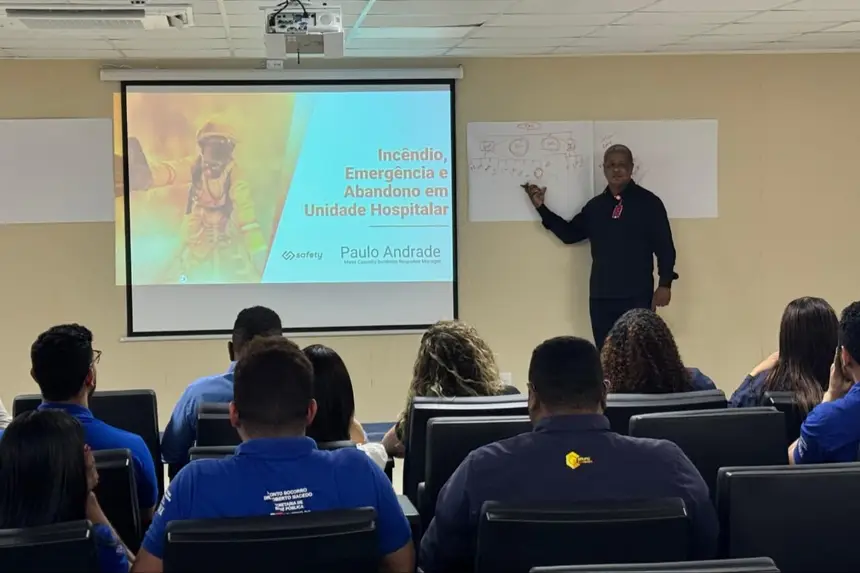
Care data - Only in 2025, from January to September 22, among the nearly 800 thousand general attendances, 83,697 of urgency and emergency, 5,157 hospitalizations, and 3,429 surgeries stand out, among the services available for more than 3 million people, offering assistance in clinical urgencies and emergencies, with support from surgical services in general surgery, pediatric, vascular, thoracic, and neurosurgery.
For nurse Maurício Carvalho, coordinator of Adult Emergency, the main entry point for the population, preparing the assistance team for catastrophe and crisis situations is crucial. "Regular training equips professionals to act quickly and in a coordinated manner, ensuring they know how to prioritize care and manage a large volume of patients. This preparation not only optimizes the response in critical moments but also preserves the safety of everyone involved, minimizing damage and saving lives. Therefore, investment in training is essential for the effectiveness and resilience of any health system," reinforces the manager.
User Luiz Antônio, 56 years old, from the Jaderlândia neighborhood in Belém, commented on the training. "The care at the Emergency Room has been very good, and I see that the hospital team is doing their best to attend to everyone with attention. When we know that professionals are trained for various situations, we feel more at ease knowing that the population can count on safety in the hospital facilities, in the sense of having their lives assured," he said.
"The two days of training were essential for the training of teams that act directly or indirectly in assistance, as is the case with senior management. In cases of catastrophe, incidents, and evacuation due to various disasters, it is essential that the team is trained and aware of the steps they must follow in critical situations. This moment was very important for PSRM, as we are now even more prepared to act cohesively, giving our best in crisis situations," concludes the general director of PSRM, Carlos Vinícius Ribeiro Quadros.
Service: The Dr. Roberto Macedo Emergency Room is located on Avenida Augusto Montenegro, in Belém. The unit is managed by the Acqua Institute, in partnership with the State Department of Public Health (Sespa), and operates on a 24-hour shift for clinical urgency and emergency care. The State Emergency Room has surgical services in the specialties of general surgery, pediatric, vascular, thoracic, bucomaxillofacial, and neurosurgery.


